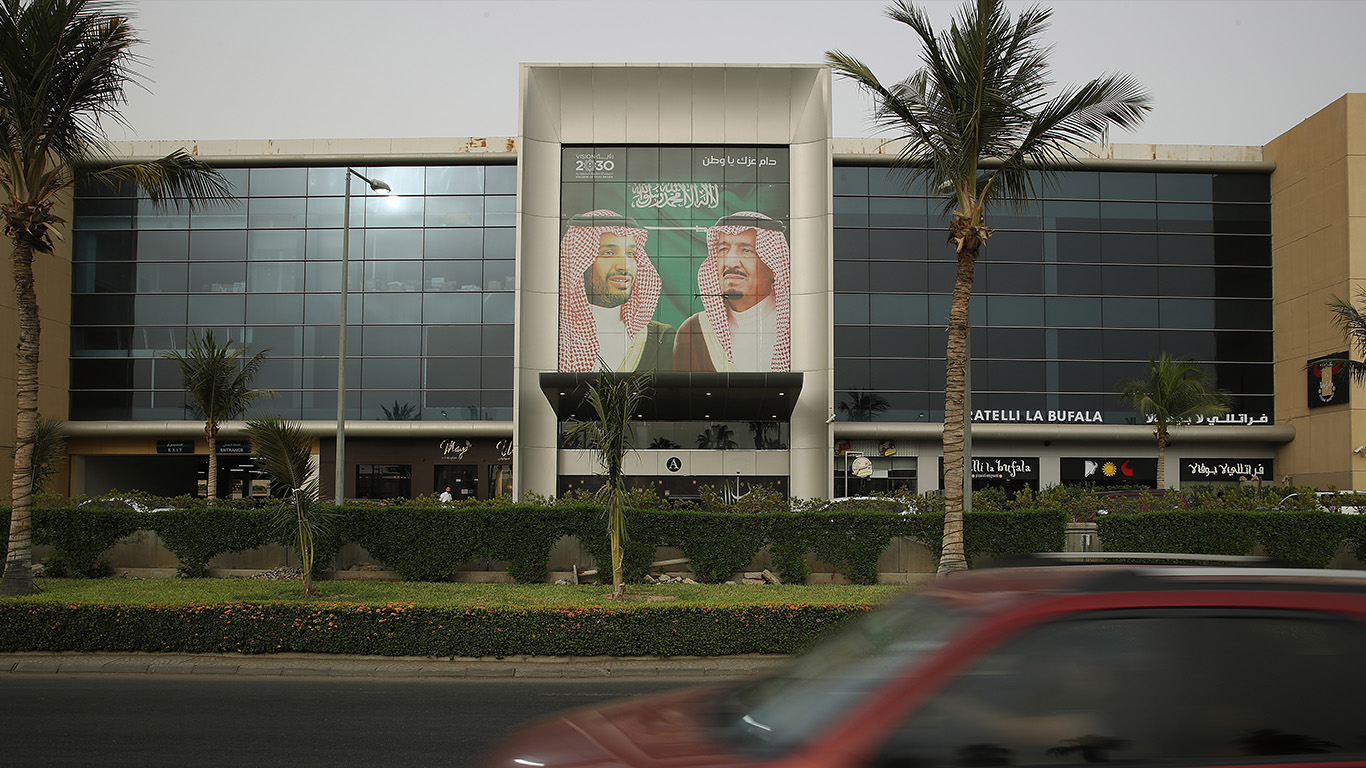Energy
For Saudi Arabia's Richest, the Aramco IPO Is Payback Time

Published:
Last Updated:

The Kingdom of Saudi Arabia on Sunday announced that it will not market its initial public offering (IPO) of shares in the country’s national oil company, known as Saudi Aramco, in the United States, Canada or Japan. On Monday morning, IPO roadshows in London and other European cities were canceled.
The target price range for the IPO has drifted down from an original $2 trillion valuation to around $1.71 trillion and, instead of issuing 5% of the shares, the sale now is set for 1.5%. At the hoped-for valuation, the IPO was expected to raise $100 billion in new cash. At the current valuation, Aramco could raise between $25 billion and $26 billion, enough perhaps to top the $25 billion (including overallotments) Chinese e-commerce giant Alibaba raised in its September 2014 IPO.
The IPO on Saudi Arabia’s Tadawul exchange is set for next month and virtually all the money raised will come from wealthy Saudis who have responded to the call by Crown Prince Muhammed bin Salman to buy shares. That’s no surprise given the Crown Prince’s demonstrated willingness to do whatever it takes to cement his position as the heir to the Saudi throne.
Non-Saudi investors appear to have been concerned about Aramco’s valuation and its promised dividend yield of at least $75 billion a year. At Aramco’s valuation, that’s a yield of 4.4% to 4.7%, compared to BP’s yield of 6.75%, Shell’s 6.31%, Eni’s 6.02%, Equinor’s 5.32%, Total’s 5.29% and Exxon Mobil’s 5.08%. Only Chevron, among the oil and gas supermajors, pays a lower yield (3.90%).
A Bloomberg report noted that U.S. investment banks that had authorization to sell to international investors were “taken aback by the sudden decision” to keep the Aramco IPO limited to Saudi buyers. Goldman Sachs, JPMorgan, Morgan Stanley, Citigroup and Bank of America were all hoping for a big payday from the Aramco IPO.
Valuation issues aside, potential investors (who are not having their arms twisted) may also be wary of lower demand for oil over the next 20 years. According to OPEC’s own World Oil Outlook, published earlier this month, annual demand growth for oil is a rather paltry 0.5% between 2018 and 2040, while annual demand growth for renewables is forecast at 6.9%.
Aramco (and the Saudi crown prince) have chosen to wring more cash out of the country’s wealthiest citizens. For one thing, local-only IPO is subject to a lot less scrutiny. For another, the crown prince has shown no lack of imagination for ways to gin up enthusiasm among the country’s rich, who should look at the next $25 billion or so as just another tax on the wealth that they earned through the government’s (that is, the royal family’s) good graces. It’s payback time again.
Credit card companies are pulling out all the stops, with the issuers are offering insane travel rewards and perks.
We’re talking huge sign-up bonuses, points on every purchase, and benefits like lounge access, travel credits, and free hotel nights. For travelers, these rewards can add up to thousands of dollars in flights, upgrades, and luxury experiences every year.
It’s like getting paid to travel — and it’s available to qualified borrowers who know where to look.
We’ve rounded up some of the best travel credit cards on the market. Click here to see the list. Don’t miss these offers — they won’t be this good forever.
Thank you for reading! Have some feedback for us?
Contact the 24/7 Wall St. editorial team.